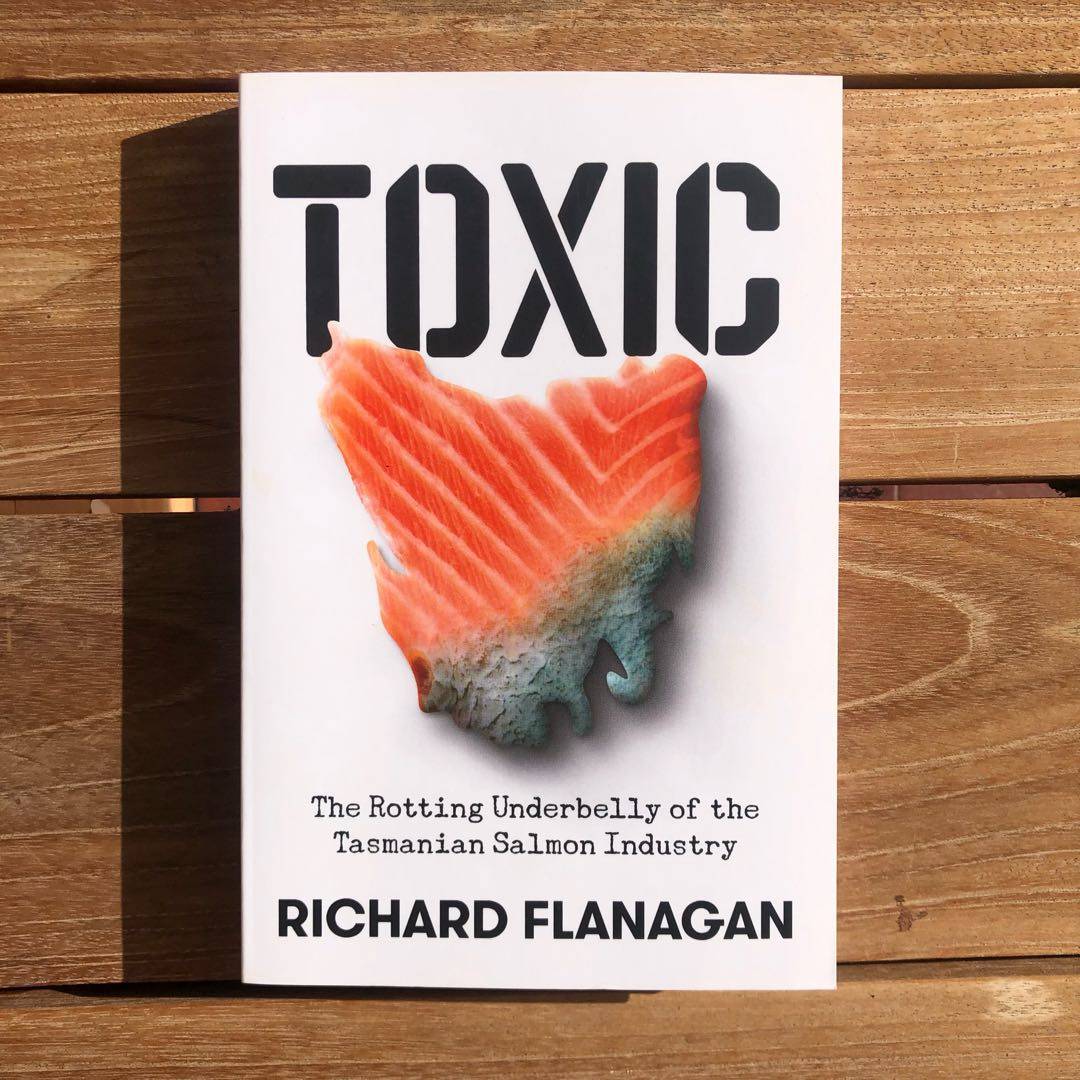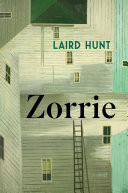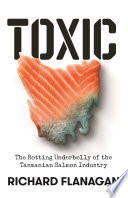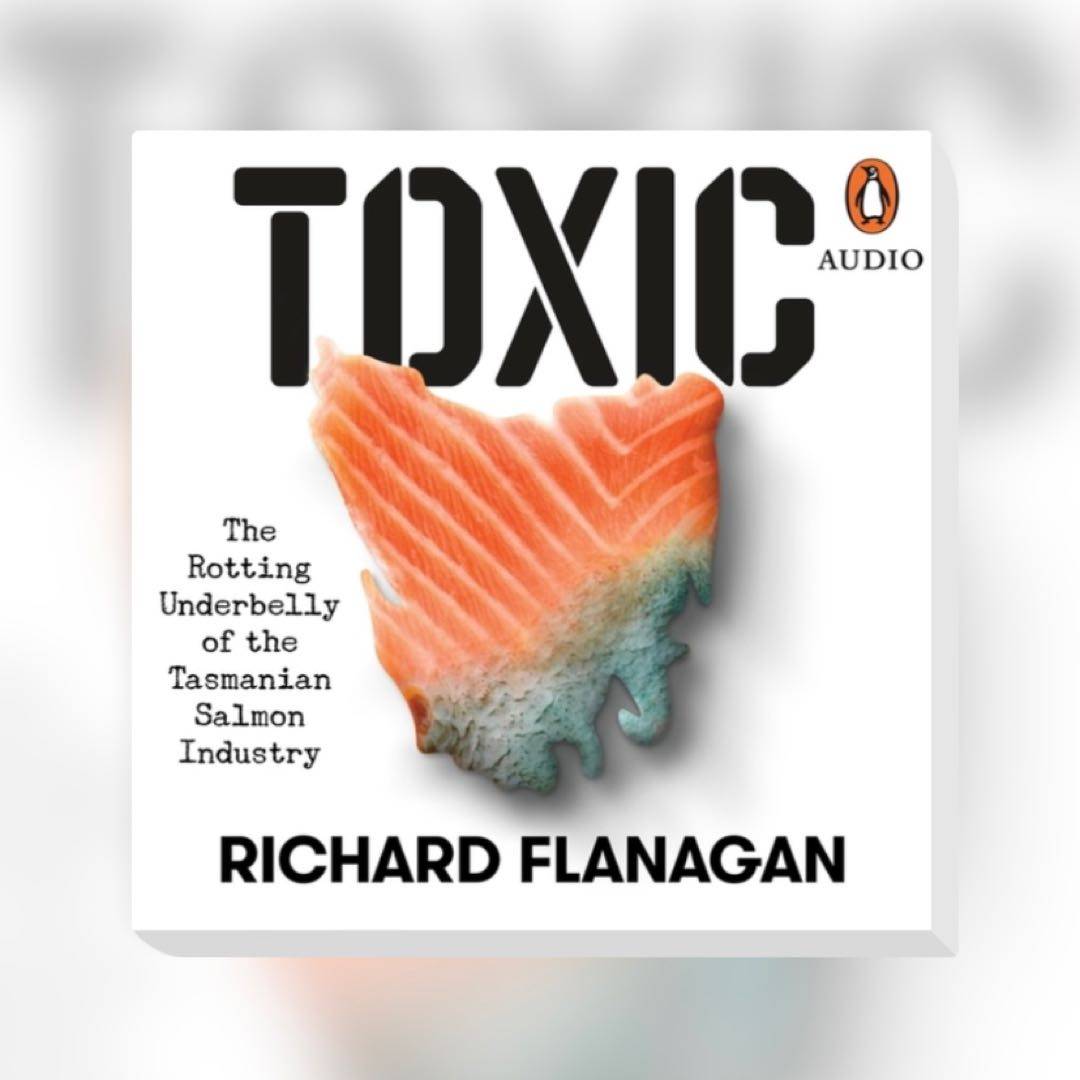
A must-read. I can never eat farmed salmon again after reading this book! Despite the grim content it‘s engaging, conversational and a compelling read with Flanagan‘s knack for telling a story. His tone is curious & friendly rather than preachy. I was shocked by the farming methods, damage to the environment (& the fish) loss of species & wider implications of deforestation to support the anchovy feed industry o/S. But also by government failures.




















